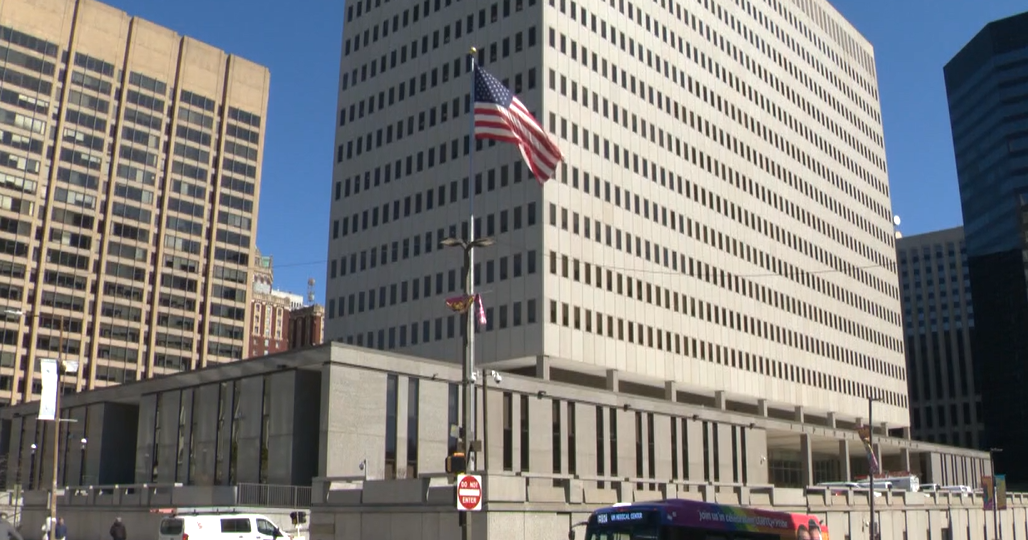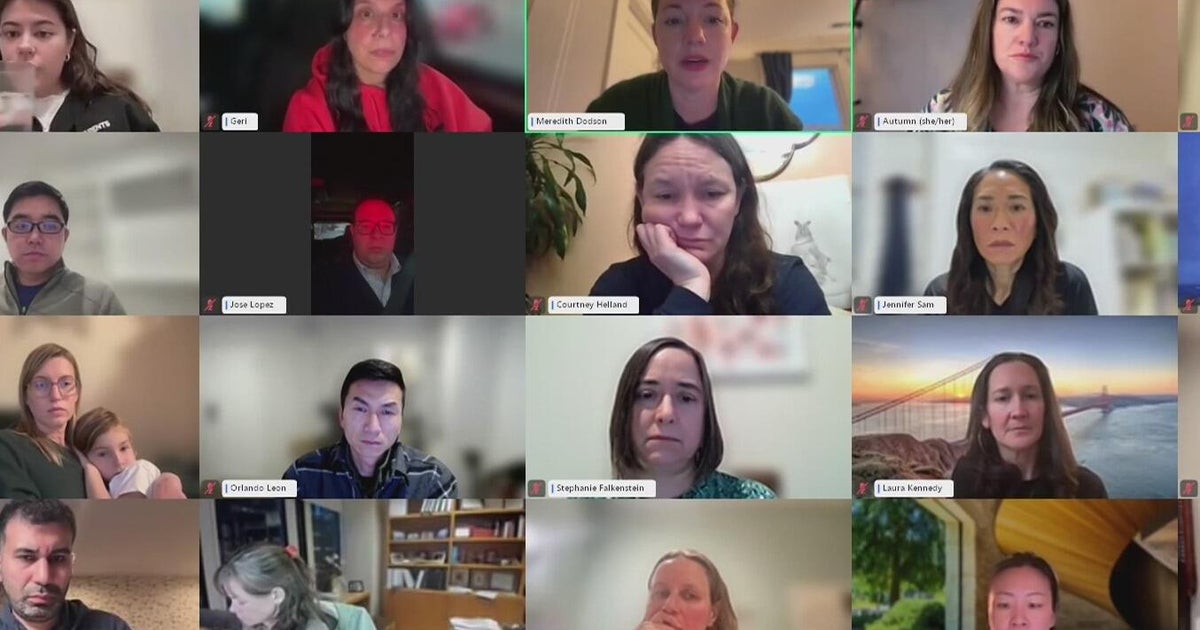Education Funding Gets Extra Attention
ANNAPOLIS, Md. (AP/WJZ) -- Education funding gets extra attention in the wake of a massive teacher protest.
Political reporter Pat Warren has more on a revised budget plan.
Lawmakers may not have expected the kind of pushback they're getting from proposed cuts to education and teacher pensions.
Teachers turned up by the thousands to protest the proposed budget changes. The result: state delegates put on their thinking caps on to find ways to restore some education funding.
"Oh yes, definitely, because teachers are already going into their own pockets for books and other things kids might need," said Darlene Brown.
Maryland lawmakers recommended new budget cuts on Wednesday to help restore $58.5 million for kindergarten through 12th grade that had been targeted under Gov. Martin O'Malley's budget proposal.
The House Subcommittee on Education and Economic Development voted to raise the amount allocated per pupil to $6,694 from $6,599 in O'Malley's budget.
The change is being proposed to maintain funding levels set by the state's 2002 Thornton education formula. O'Malley's budget proposal included a $94 million cut to K-12 from the amount that schools were expecting, and lawmakers in the House of Delegates are working toward making up $58.5 million of the proposed reduction.
By increasing the amount allocated per pupil, the state's larger jurisdictions -- such as Baltimore City and Montgomery and Prince George's counties -- will receive a significant portion of the money. Baltimore City would get $9.7 million, while Montgomery would receive $6.6 million and Prince George's would receive $10.3
million.
The money will be made up mostly with additional cuts and some fees, but lawmakers have yet to disclose what the fees will be.
"We're going to preserve the number one priority, which has been education," said Delegate John Bohanan, a St. Mary's County Democrat who chairs the subcommittee on education.
However, in lessening the blow to K-12, lawmakers are proposing an $8 million cut to higher education, one of the biggest so far recommended by the House panels.
P.J. Hogan, the chief lobbyist for the University System of Maryland, said it would take a 2 percent increase in in-state tuition to make up the $8 million, but it's unclear how the system would address that cut.
The university system could use its fund balance to fill the hole. However, the system has returned about $146 million in fund-balance money over the past three years to help address the state's budget problems, Hogan said. The system needs to have a certain amount of fund balance to maintain a top bond rating that
enables the school to borrow money at the most favorable rate.
"We don't have a big cushion of fund balance," Hogan said.
Bohanan said the system has about $75 million more than the amount needed to maintain the bond rating, and he said the recommendation lawmakers approved leaves the system with flexibility.
"We provided the system with enough flexibility that none of that should affect any students at any of our public colleges and universities directly," Bohanan said. "It should not cause or trigger any increase in tuition because there are other alternatives for making that reduction."
House subcommittees also recommended a $10 million rate reduction for managed care organizations under Medicaid in the current calendar year, as well as a $9 million cut in operating costs for the state's courts. Lawmakers also recommended cutting a fund used to help fight pollution in the Chesapeake Bay by $3
million more than O'Malley is proposing. O'Malley's budget recommends $25 million for the bay fund.
All of the recommendations are expected to go before the House Appropriations Committee on Friday.
But some lawmakers consider the plan unrealistic in the face of a $1.2 billion deficit.
"These folks are running around here making announcements and finding additional ways to spend $50, $60, $80 million," said Anthony O'Donnell, House Minority Leader.
On the other hand, educational champions like Baltimore's Jill Carter say the plan is still inadequate and schools should be fully funded.
"It's not good to take away more than you give back and make us think you've done us a favor," Carter said.
Teachers are hoping it all works out.
"I hope we get through this moment of crisis and make a lot more progress," said Lee Rutledge.
That may be too much hope riding on too little money.
"Those are not words people want to hear. Well, sometimes we have to tell the truth and, as Harry Truman used to say, `It's not hell. I just tell them the truth and they think it's hell,'" O'Donnell said.
The General Assembly is also considering an increase in the gas tax to help shore up the budget.







